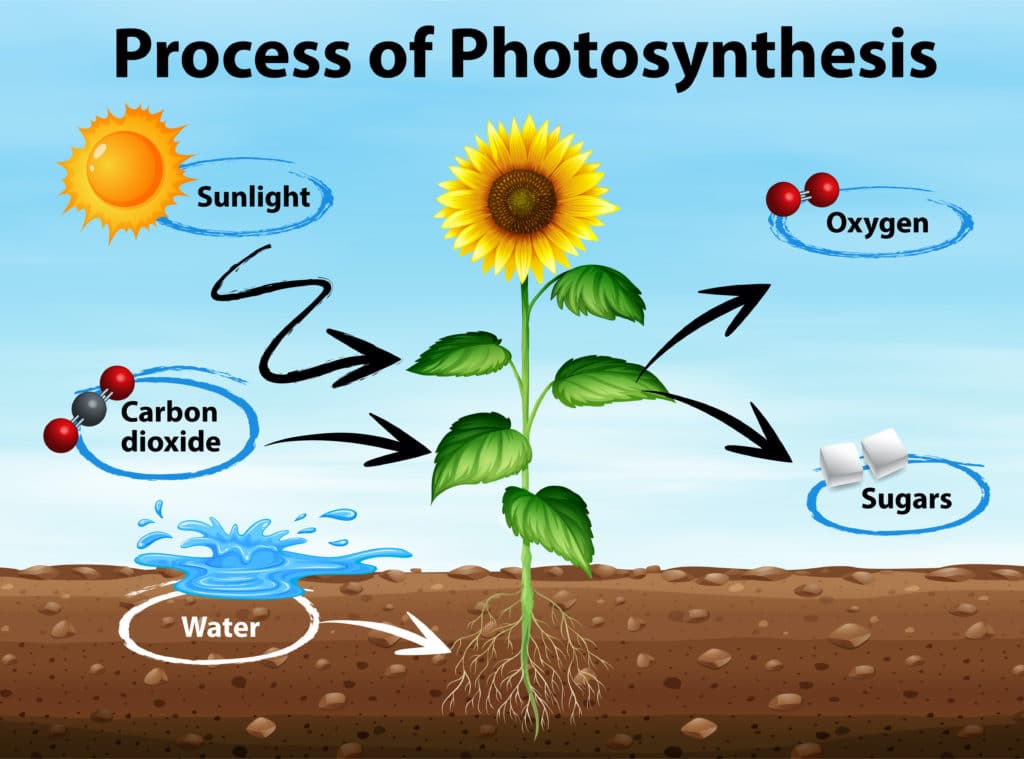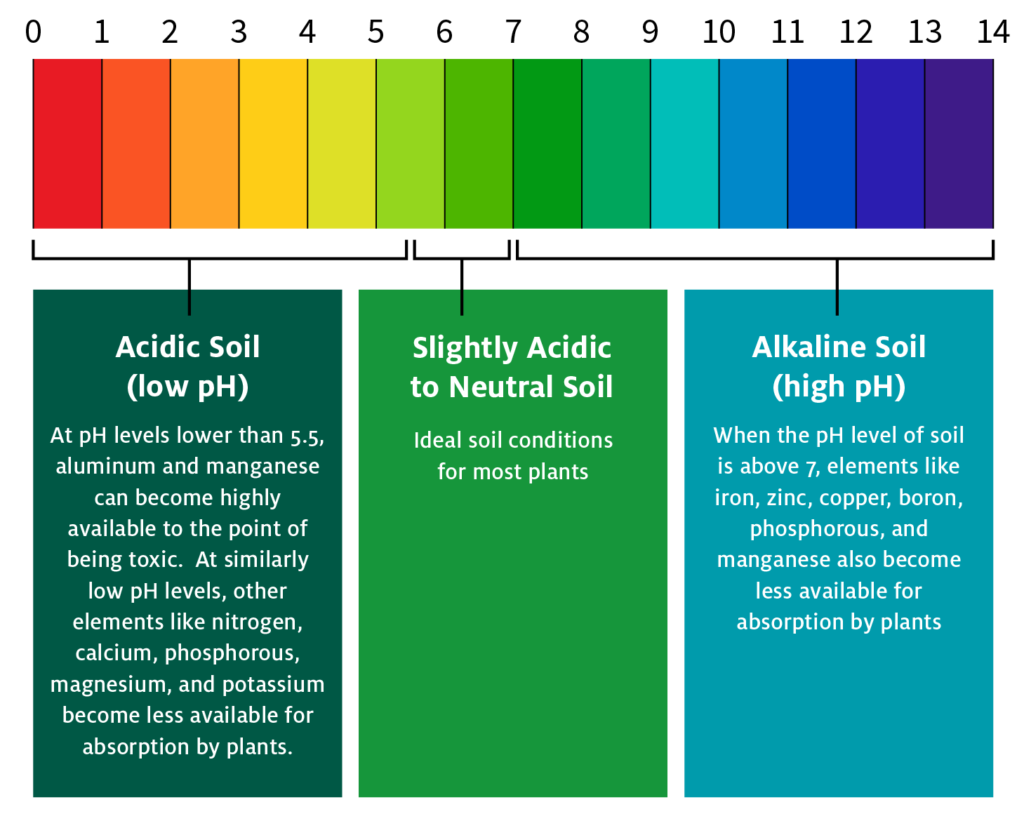Grazing is an agricultural practice that lets cows and other livestock directly consume growing grass and other types of vegetation. Grazing management practices vary, and they can either help the soil or hurt it. For example, overgrazing strips the soil of its protective vegetative cover and leads to soil compaction, soil erosion, and reduced microbial biodiversity. Rotational grazing, on the other hand, prevents these problems and improves soil health.
Smarter Grazing and Better Soil
There are four ways that sound grazing practices can help build up healthy soil.
- Increased organic matter
- More microbes and greater biodiversity
- Enhanced soil structure and reduced erosion
- Reduced soil acidity
The following sections explain.
#1 More Organic Matter
When cows graze, they eat grass and other vegetation that passes through their digestive system and is deposited on the ground as manure. Cow manure, or cow dung, is mostly digested grass; however, it can also contain digested grains, fruits, or even vegetables, depending on the cow’s diet. This organic matter is a waste product, of course, but cow manure adds nutrients to the soil that support soil microbes and promote plant growth.
According to HomeBiogas, a company that makes energy-producing digesters that use methane bacteria and work like a cow’s stomach, cow manure is 3% nitrogen, 2% phosphorous, and 1% potassium, “making it the right type of fertilizer for almost all types of plants and crops”. Nitrogen, for example, is an essential nutrient for plants and a key component of chlorophyll, the green pigment that plants use to make food during photosynthesis, the most important chemical reaction on the planet.
#2 More Microbes and Greater Biodiversity
Grazing cows also help to increase the soil’s biodiversity since manure provides a food source for a variety of microorganisms. These tiny life forms are vital for healthy soil because they help to decompose organic matter, which releases nutrients for plant growth. According to a study from BMC Microbiology, “the application of cow manure can not only improve the diversity of soil bacteria, but also effectively regulate the structure of the soil’s bacterial community”. If you think all bacteria are bad, it’s time to think again.
Microscopic soil organisms such as bacteria, fungi, algae, actinomycetes, protozoa, and nematodes each have a role to play in soil health. “In general”, Penn State Extension explains, “soils with higher microbial abundance and diversity have a greater chance of containing individuals that perform a particular function” that, ultimately, can benefit plant life. Fungi may be less responsive than bacteria to manure additions, but the University of Michigan Extension reports that “manure has also been found to decrease the abundance of harmful organisms, such as disease-causing pathogens”.
#3 Enhanced Soil Structure and Reduced Erosion
When cows graze, their hooves break up compacted soil and create small channels for water and air to penetrate. Plants need air and water to survive, and in the right amounts. Soil porosity, the term that’s used to describe the amount of open space between soil particles, is so important that “the ideal soil is about half pore space”, according to Plant Care Today. When soil becomes compacted, however, air and water can’t penetrate it very well – and neither can a plant’s roots.
The manure that cows excrete also helps to improve soil structure by increasing the soil’s water-holding capacity. The organic matter in cow manure helps to bind primary soil particles together without compacting them, which can create more stable soil aggregates. Aggregation, North Dakota State University (NDSU) explains, is the arrangement of primary soil particles such as sand, silt, and clay around soil organic matter. “Aggregate stability”, NDSU adds, “is a good indicator of soil health.”
#4 Reduced Soil Acidity
Cow manure has a slightly alkaline pH, which can help to neutralize acidic soils. The problem with soil acidity is that it decreases the availability of plant nutrients, such as phosphorus and molybdenum, and increases the availability of some elements, particularly aluminum and manganese, to toxic levels. Essential plant nutrients can also be leached below the rooting zone. According to Agriculture Victoria, excessive soil acidity can also make soil more vulnerable to erosion.
Although high concentrations of ammonia-rich manure can harm tender young plants, the manure from grazing cattle is generally dispersed and can help make the soil suitable for plant growth. Like the garden lime that is used to “sweeten” the soil, manure can help to correct problems with soil pH. As a study from the Oklahoma Cooperative Extension Service explains, “Long term field and greenhouse studies have demonstrated the liming effect of animal manure in acid and neutral soils.”
The Importance of Good Grazing Management Practices
Overgrazing remains a serious problem, but proper grazing management practices can ensure that cows and other livestock are positive contributors to soil health. With rotational grazing, animals move through a series of paddocks, allowing pasture plants time to recover and reducing soil erosion while improving forage quality. Too much cow manure can lead to nutrient imbalances and pollute nearby waterways, of course, but don’t blame the cattle. When cows are managed properly, grazing improves soil health.

